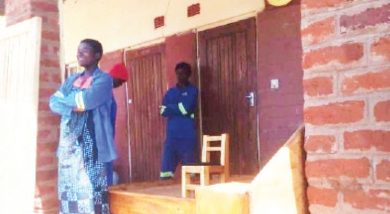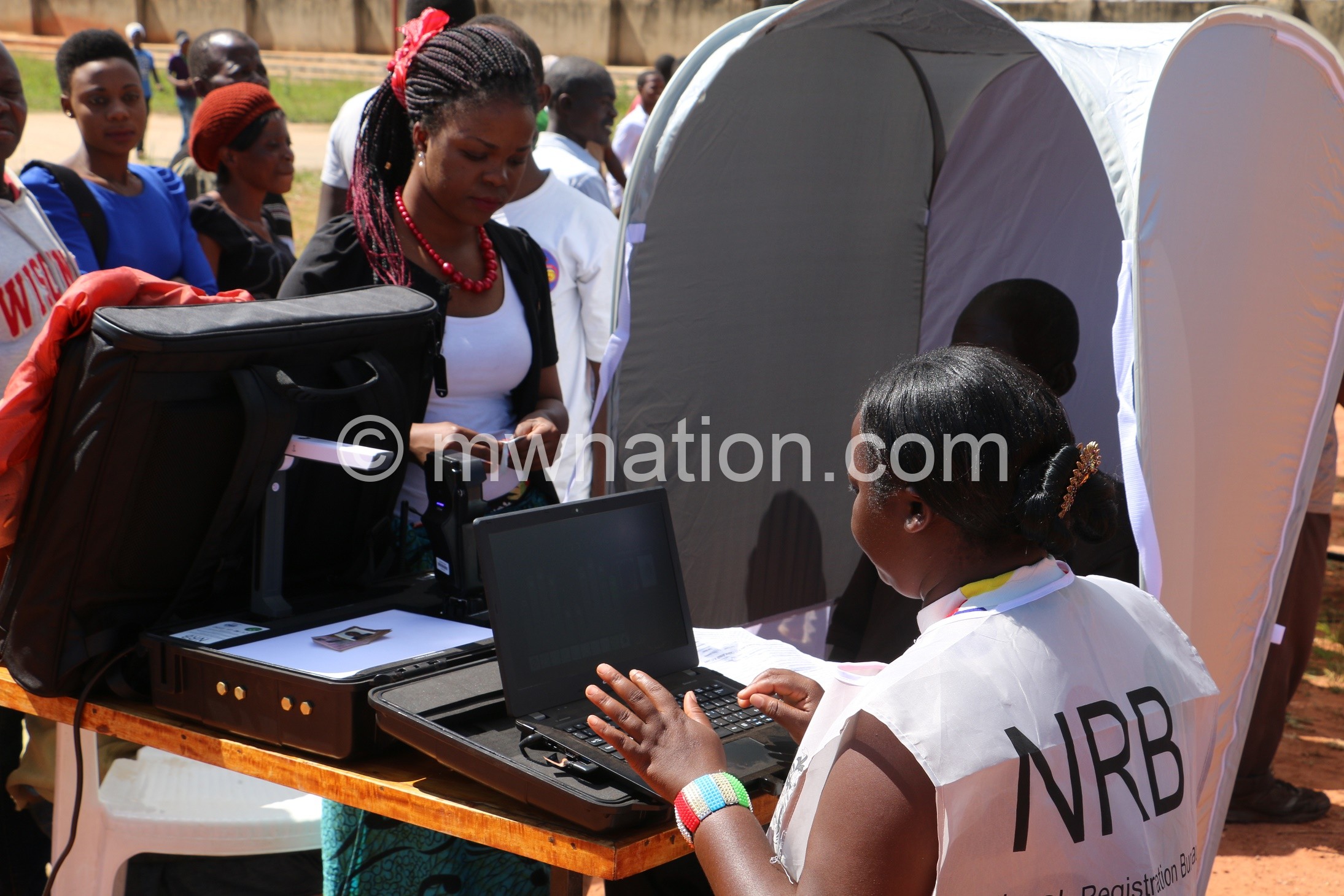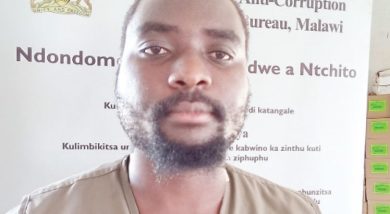Govt scraps seed subsidy
As Malawi’s fiscal crisis deepens, government has scrapped the seeds component from the Farm Input Subsidy Programme (Fisp), the Ministry of Agriculture, Irrigation and Water Development confirmed on Monday.
The move—coming a month after The Nation revealed that donors will not support the seed component because government mismanaged funds—means that 1.5 million poor farmers that agricultural subsidies target should now hunt for cash in an already depressed economy to buy an input—at market-determined prices—that they were assured would be subsidised.

Those that cannot find the cash—and they are likely to be in the majority since all Fisp-targeted beneficiaries live below the World Bank poverty line of $1 (K550) per day—are likely to use recycled seeds, which have a history of low yields.
In explaining the donors’ decision to pull out of the Fisp seed component, Nikolas Bosscher, chairperson of the donor coordinating committee on agriculture under the Agriculture Sector Wide approach (SWAp) Multi Donor Trust Fund said last month government had “front loaded” $5.2 million (nearly K3 billion) during the 2014/15 season meant for this year against donors’ advice; hence, there were no more funds for seeds.
Apart from the forfeited donor money contributing to the seed financing gap, the fiscus cannot just raise the money to meet the seed budget that Minister of Agriculture, Irrigation and Water Development Allan Chiyembekeza put at K14 billion on Monday.
Confirming the development in an interview yesterday, Chiyembekeza said leaving out the seed component was the only way around the funding shortage.
Chiyembekeza’s defeated tone is in sharp contrast to the relaxed response he gave when The Nation asked him last month how government would fill the seed gap following the donor walkout.
Said Chiyembekeza at the time: “There is nothing to panic because we will find a solution to this. Let me stress that there is nothing to panic [about].”
What turned out to be the solution that Chiyembekeza promised ended up being abdication of the commitment government made to farmers.
According to a logistics report dated October 6 2015, the ministry has candidly stated that the maize seed will not be included in Fisp and that farmers receiving the fertiliser will themselves have to fund the purchase of improved seed to fully benefit from the programme.
Chiyembekeza himself was blunt on Monday: “We do not have enough resources to fund all activities within Fisp that is why government has taken such a bold decision. We will, however, fund fertiliser and legumes,” he said.
Government’s duck for cover also comes after the International Monetary Fund (IMF) recently told government to trim its 2015/16 budget, with Fisp being cited as one of the potential sources of wasteful spending that needed deep cuts.
When asked whether the decision not to fund seed is reasonable at a time 2.8 million people are already facing hunger, Chiyembekeza sounded resigned.
“You see, it is that simple and when we were coming up with such a decision, we already had all those issues, but what do you do when there are no resources?” he said.
Chiyembekeza further said seed alone takes up about K14 billion while fertiliser was already at K48 billion, higher than the budgeted K40 billion.
“When we made our calculations, factoring in the kwacha depreciation, it was not going to be possible to include seed. Right now we just have to encourage farmers not to recycle grain,” he said.
But chairperson of the Parliamentary Committee on Agriculture Felix Jumbe described government’s seed decision as bad for the country’s agricultural output and food security.
Jumbe urged government to rethink its seed subsidy position.





